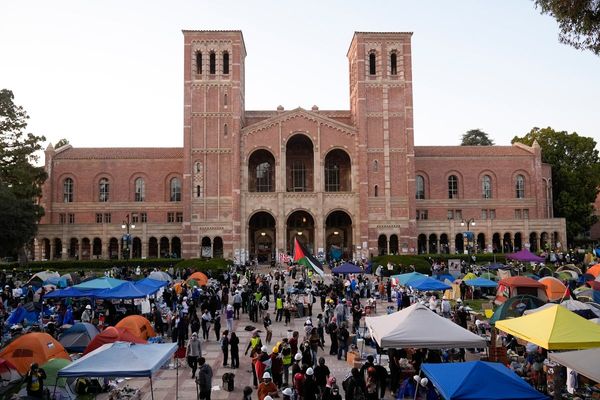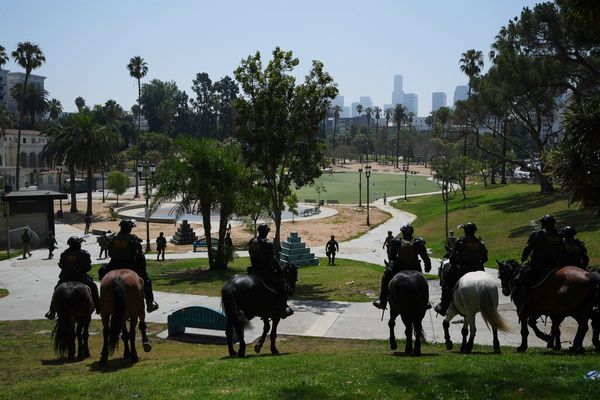
The Wigmore Hall could have taken an easy way out with the 150th birthday of Sergei Rachmaninov, perhaps by marking the event with a programme of his popular piano pieces and songs. Instead it opted for what are perhaps his biggest and most challenging solo-piano works, the two sonatas, and invited Steven Osborne to play them on the exact anniversary.
Rachmaninov himself had misgivings about both the sonatas, never including the first (which he completed in 1906, between the second and third piano concertos) in his recitals after he left Russia in 1917, and subsequently revising and substantially cutting the second, originally composed in 1913. But, as Osborne’s performances so magnificently demonstrated, however much the structures may sprawl or the textures become congested, especially in the first sonata, both works contain passages of unmistakable power and intensity.
Osborne has created his own edition of the score of the second sonata, combining elements from both of Rachmaninov’s versions as well as from the one made by Vladimir Horowitz in 1943. Though it remains as fearsomely challenging as ever to play, it makes the sonata seem positively svelte; there’s nothing extraneous, though in performance its impact was as majestic and overwhelming as ever.
The challenges presented by the first sonata are of a different order, but Osborne was equally assured in finding his way through its tangled thickets of notes, and fastening on its kernels of typically toothsome lyricism. There was never any hint of overplaying the work’s lyrical side, though, and his performance was tempered by just the right amount of objectivity and clear-sighted control in even the most febrile passages.
Two preludes (Op 23 No 4 and Op32 No 5) and two of the Op 33 Études-tableaux separated the sonatas, providing some moments of relative calm among the tumult, and Osborne provided another moment of repose as an encore, with Rachmaninov’s own transcription of the Nunc Dimittis from his All-Night Vigil, as introspective and unadorned as the sonatas had been explosive and elaborate. A tremendous recital, from first note to last.







